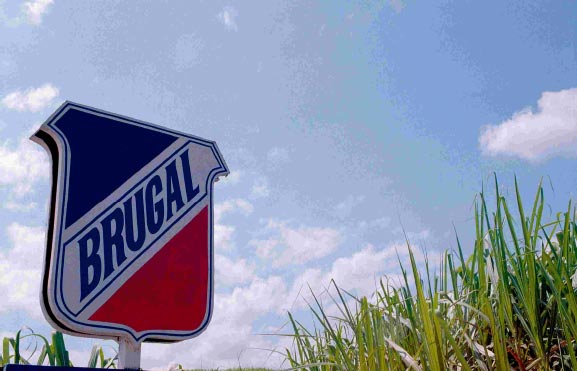|
A Common Definition of Rum has been drawn for the Free Trade Area of the Americas (FTAA) process after being studied by Caribbean state rum regulatory bodies and technical experts during the 15th Meeting of the Special Committee on Trade Development and External Economic Relations, which took place the first week in March in Trinidad.
As explained by Patrick Mayers, the chairman of the West Indies Rum and Spirits Producers' Association that assembles rum associations in the Caribbean, if there is no proper definition, the Caribbean runs the risk that other types of spirits, including those made from beet and other sugars, or even from low-cost artificial flavors, could be granted classification as rum, and encroach on their market share.
Brugal is the leading producer in the domestic market, and last year exported 450,000 cases (10.8 million bottles) to Spain, Germany, Italy, the Benelux countries, Finland, Russia, Chile, El Salvador, Puerto Rico and other Caribbean islands, the United States and Canada.
History
Industry studies show that it is very probable the first West Indian rum was produced on the island of Hispaniola (today the Dominican Republic). Rum is a by-product of sugar cane that was brought to the island from the Canary Islands by Christopher Columbus on his second voyage in 1493. Caribbean
|
|
colonists discovered that by fermenting the molasses from the sugar-making process, it could then be distilled into the drink that quickly became known as the spirit of the Caribbean.
Brugal's research points to documents dating back to 1783 that attest to the fact that rum was already being produced on the island of Santo Domingo, as well as other Windward Islands, at the time and was even being exported from here to Spain. Further documentation shows that rum was also traded between the French and the Spaniards. Already by the 19th Century, rum was ingrained in Dominican social life.
Brugal was founded in 1888 by Andres Brugal Montaner, a Spanish national who had migrated to Santiago de Cuba before settling in Puerto Plata, at the time a booming port city. Andres Montaner used the expertise he learned in Cuba to found Brugal & Co., beginning a 100-year old family tradition. To this day, Brugal family members continue to run the company and Brugal rum continues to be bottled in the city of Puerto Plata.
Rum product
Brugal rum is entirely produced in the Dominican Republic Sugar cane is cut from the verdant plantations that adorn the landscape and its juice is processed into molasses. This syrup is taken to the large distilleries
|
|
 |
